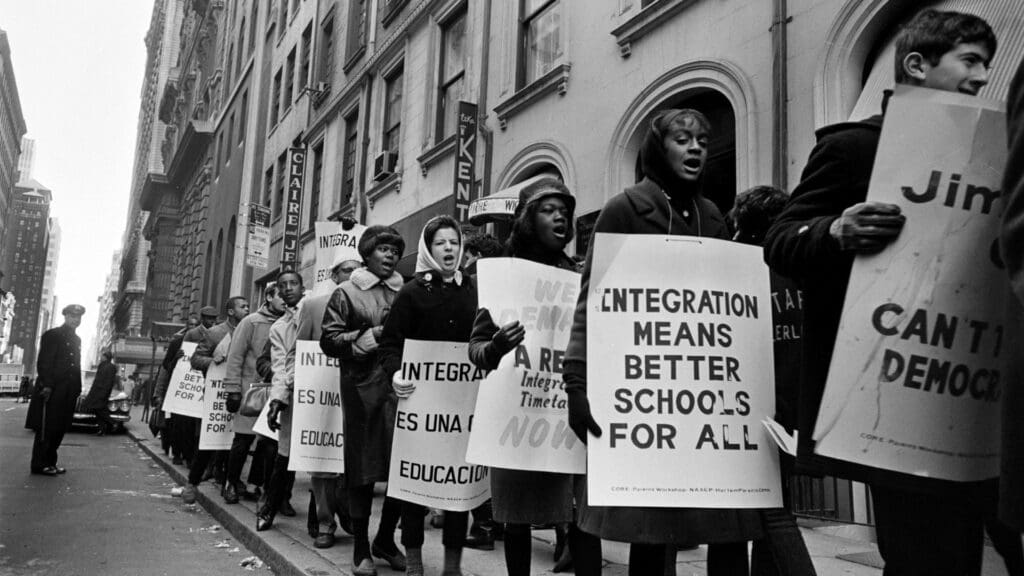The Irony of Freedom: Racial Injustice in a Land of Liberty

By: Laila Hopkins
The United States of America, often hailed as the “land of the free,” holds a complex and paradoxical history when it comes to the experience of Black people. The irony of freedom in America is starkly evident when juxtaposed against the backdrop of racial injustice that has persisted for centuries.
The very foundation of the United States was built on the ideals of liberty, equality, and justice for all. The Declaration of Independence proclaims that “all men are created equal” and are endowed with unalienable rights, among them life, liberty, and the pursuit of happiness. Yet, when these words were penned, enslaved Black people were far from free, enduring unimaginable hardships and denied the most basic human rights.
Even after the abolition of slavery, Black Americans faced, and continue to face, systemic racism and institutional barriers that challenged the notion of freedom. Jim Crow laws, segregation, and disenfranchisement defined much of the 19th and 20th centuries, creating a legacy of inequality that is still felt today. The civil rights movement made significant strides toward equality, but the struggle is far from over.
In contemporary society, the paradox of freedom manifests in various forms of racial injustice. Black individuals are disproportionately affected by police brutality, mass incarceration, economic disparities, and discriminatory practices in education and employment. The Black Lives Matter movement has brought these issues to the forefront, demanding accountability and systemic change.
The irony is further highlighted by the symbolic use of patriotic imagery. Celebrations of freedom and independence, such as the Fourth of July, can be bittersweet for Black Americans who are reminded of the ongoing fight for true equality. The sight of a flag that represents freedom can be a painful reminder of history and the present rife with racial inequity.
As a country that prides itself on the concept of freedom, America must confront and address these ironies. True liberty cannot be achieved until racial justice is realized for all its citizens. This requires not only acknowledging past and present injustices but also actively working towards dismantling the systems that perpetuate inequality.
In the land of the free, the journey towards genuine freedom for Black people is ongoing. The fight for racial justice is a crucial part of the broader quest to make America a place where liberty and equality are not just ideals, but realities for everyone.

